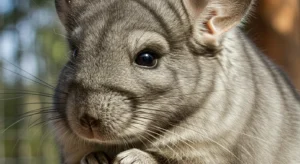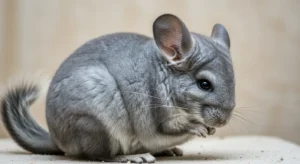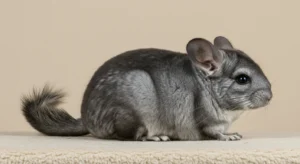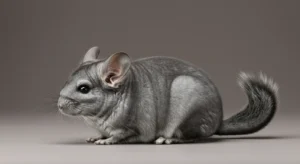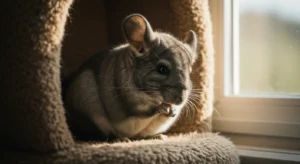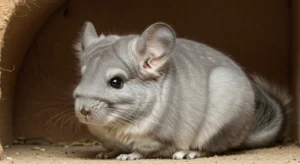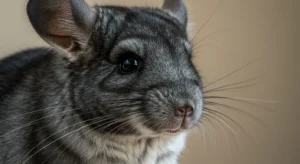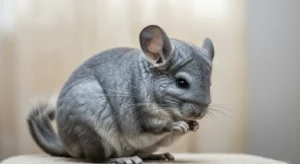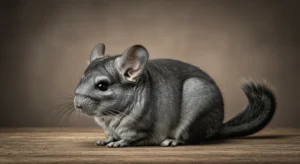Signs Your Chinchilla Needs a Vet Visit
Chinchillas are prey animals and have a natural instinct to hide signs of illness or weakness until they are often very sick. This makes careful observation by owners absolutely critical for catching health problems early. Recognizing subtle changes in behavior, appearance, or droppings can be the key to successful treatment and recovery. Knowing when an issue warrants a visit to an exotic-savvy veterinarian is crucial.
Why Early Detection Matters
Many common chinchilla health issues, such as GI stasis, dental disease, or respiratory infections, can progress rapidly. What seems like a minor issue one day can become life-threatening the next. Early veterinary intervention provides the best chance for:
- Accurate diagnosis.
- Effective treatment.
- Reduced suffering for your pet.
- Lower overall veterinary costs (emergency visits are often more expensive).
- Improved prognosis and survival rates.
Subtle Signs of Illness
These signs might indicate an underlying issue is developing and should prompt close monitoring and a potential vet consultation:
- Slight decrease in appetite or water intake: Eating less hay, leaving pellets, drinking less.
- Changes in dropping size, shape, or quantity: Fewer droppings, smaller, drier, or misshapen droppings. Complete absence of droppings is an emergency.
- Weight loss: Regular weighing (weekly or bi-weekly) is essential to detect gradual weight loss.
- Mild lethargy: Less active than usual during normal peak activity times (dusk/dawn). Sleeping more often or in unusual positions.
- Coat changes: Fur looking dull, unkempt, or signs of fur pulling/barbering.
- Runny eyes or nose: Slight discharge (clear or colored).
- Drooling or wetness around the chin/chest: Often indicates dental problems (chinchilla malocclusion symptoms).
- Behavioral changes: Hiding more, unusual irritability, reluctance to move.
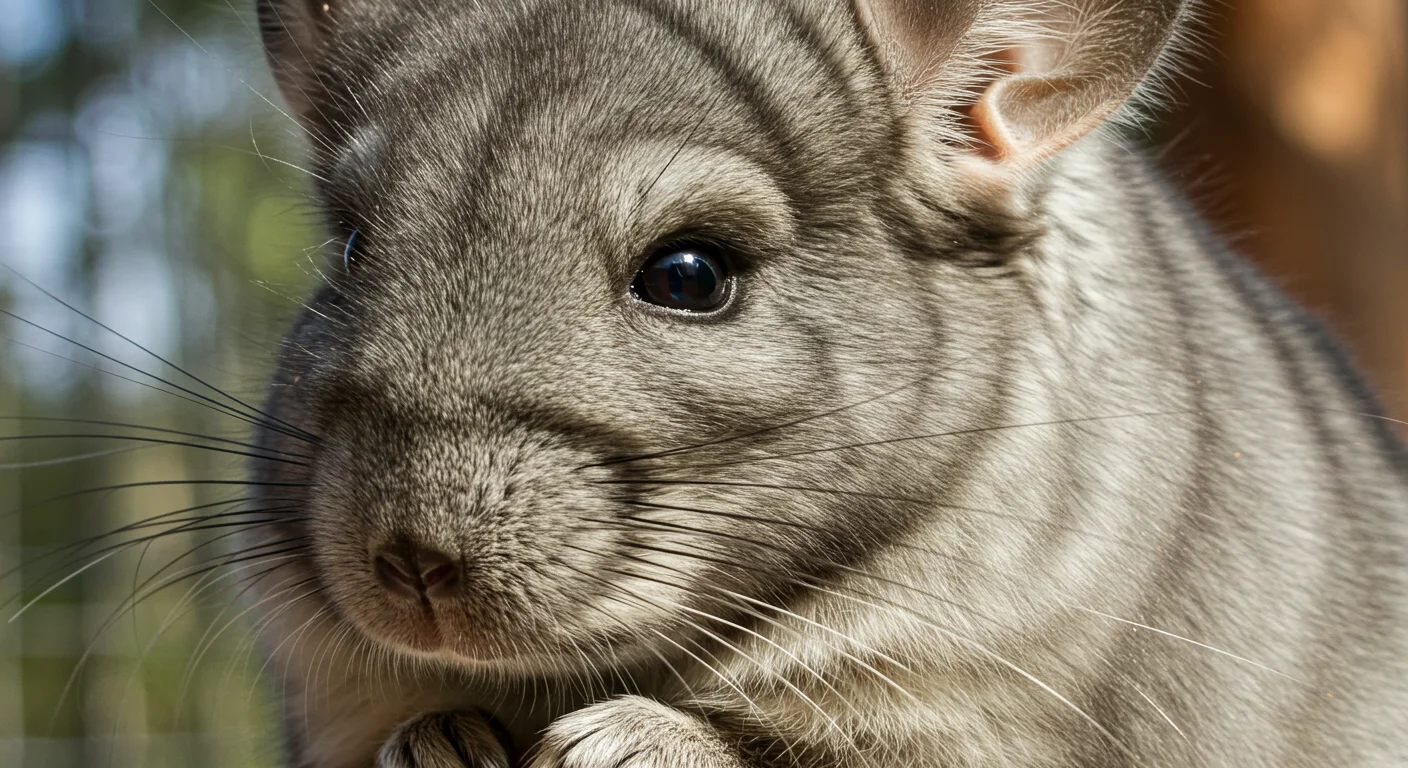
Urgent Signs Requiring Immediate Vet Care
These signs indicate a serious, potentially life-threatening situation. Contact your exotic vet or an emergency animal hospital immediately:
- Complete loss of appetite (anorexia): Not eating anything for 12+ hours.
- Absence of droppings: No fecal output for 12+ hours (signifies GI stasis).
- Bloating: Abdomen appears swollen, firm, or drum-like; chinchilla may stretch out or press belly to the floor.
- Difficulty breathing: Open-mouth breathing, wheezing, clicking sounds, labored breaths.
- Severe lethargy or collapse: Unresponsive, unable to stand or move normally.
- Seizures or loss of balance: Uncontrolled muscle spasms, head tilt, circling.
- Bleeding: From any orifice or an injury.
- Obvious pain: Teeth grinding (loudly/persistently), hunched posture, reluctance to be touched.
- Diarrhea: Watery or very soft, unformed stools (can quickly lead to dehydration).
- Suspected broken bone or major trauma.
Time is critical in emergencies. Do not “wait and see” if your chinchilla exhibits any of these urgent signs. Seek immediate veterinary attention from a qualified experienced exotic animal veterinarian.
Monitoring Basics: Weight & Droppings
Two of the most useful tools for monitoring health at home are:
- Regular Weighing: Use a kitchen scale (measuring in grams) to weigh your chinchilla weekly or bi-weekly. Keep a log. A loss of 5-10% body weight warrants close attention and possibly a vet check. More significant loss needs immediate investigation.
- Daily Dropping Checks: Observe the quantity, size, and consistency of droppings during cage cleaning. Healthy chinchilla droppings are typically numerous, oval-shaped, dark brown, relatively dry, and consistent in size.
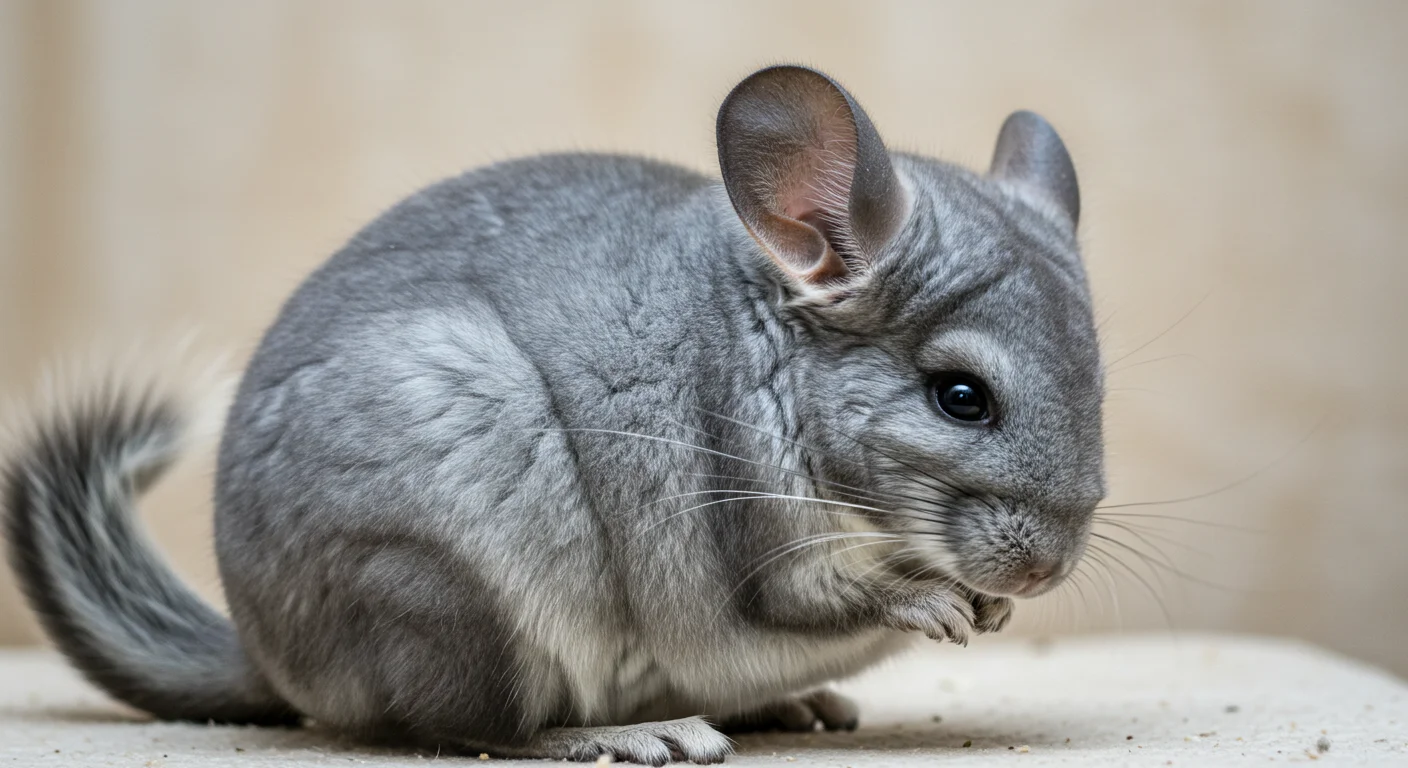
Finding a Chinchilla-Savvy Vet
Not all veterinarians have experience with chinchillas. It’s crucial to find a vet knowledgeable about exotic companion mammals *before* an emergency arises.
- Ask local chinchilla rescues or breeders for recommendations.
- Search online databases like the Association of Exotic Mammal Veterinarians (AEMV).
- Call clinics and specifically ask if they have a vet experienced with chinchillas and inquire about their diagnostic capabilities (X-rays, specific dental equipment).
When to Call the Vet
Beyond the urgent signs listed above, it’s best to call your vet for advice if you notice:
- Any of the “subtle signs” persisting for more than 24 hours.
- Sudden, unexplained behavioral changes.
- Any noticeable lumps, bumps, or wounds.
- Consistent fur chewing or bald patches appearing.
- You simply feel something isn’t right – trust your instincts as an owner!
Being vigilant and proactive about your chinchilla’s health is the best way to ensure they live a long, happy life. Don’t hesitate to seek professional veterinary care when needed.
